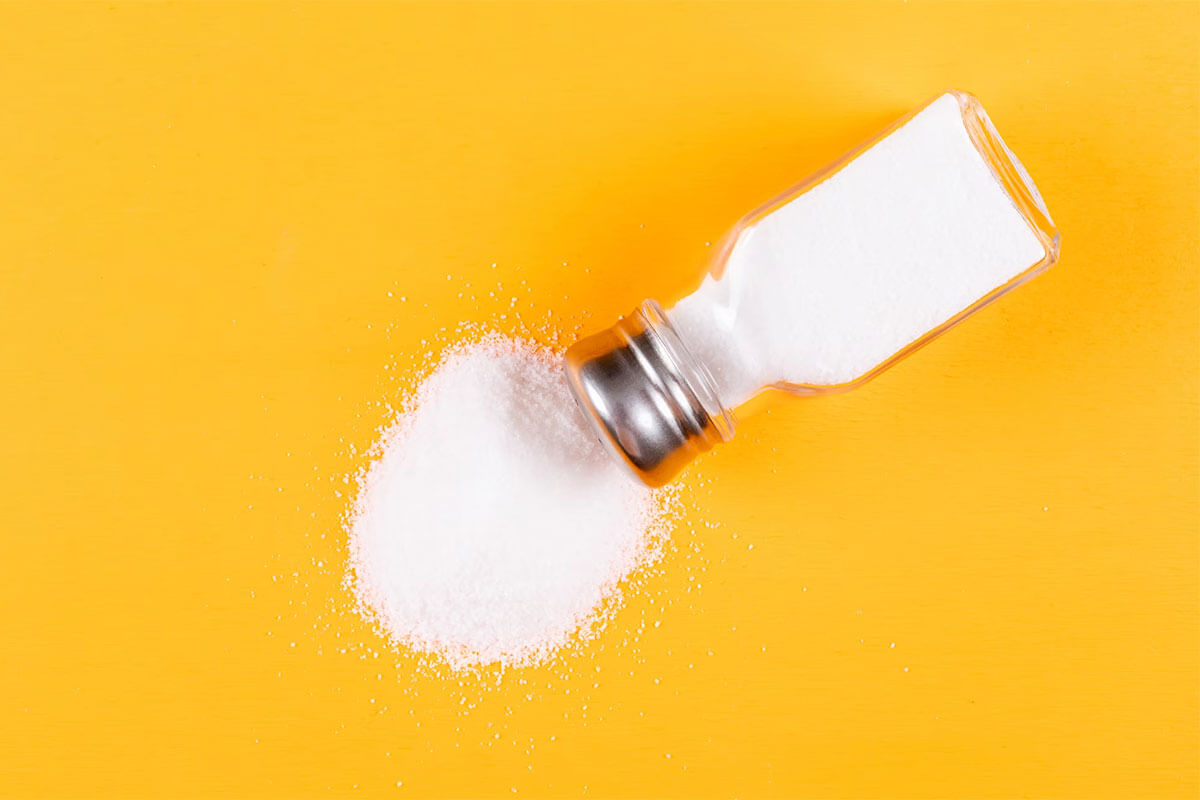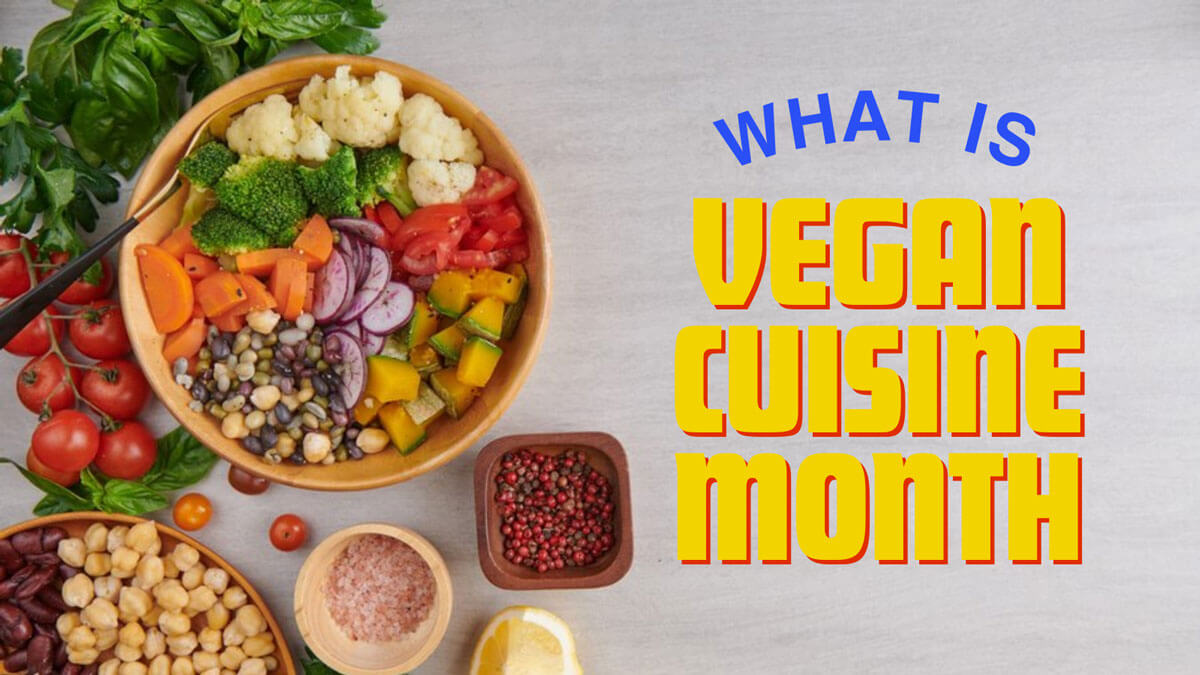Misconceptions surrounding monosodium glutamate (MSG) have become prevalent in the culinary world. Many people associate MSG with negative health effects and unnatural additives, leading to fear and misunderstanding of its true nature. However, it is crucial to separate fact from fiction when it comes to MSG. This article aims to shed light on the truth and dispel common myths surrounding MSG. Our purpose is to provide clarity and a deeper understanding of this widely misunderstood ingredient. As home cooks, it is essential for us to be well-informed about the ingredients we use in our culinary creations. By debunking these misconceptions, we can enhance our culinary experiences and confidently embrace the true potential of MSG in our home-cooked meals.
So, what is MSG?

MSG, or monosodium glutamate, is a flavour booster that has its roots in Japan. Back in 1908, a clever scientist named Kikunae Ikeda discovered MSG. It’s made from glutamic acid, an amino acid found naturally in tasty foods like tomatoes, mushrooms, and cheese. Asian cuisine has long embraced MSG for its ability to ramp up the deliciousness factor. It adds depth and richness to dishes, making them even more mouthwatering. And the best part? MSG is perfectly safe to use! It has received the seal of approval from the FDA, meaning it’s been thoroughly tested and found to be harmless. So, next time you’re in the kitchen, don’t be shy about adding a dash of MSG to elevate your flavours and take your culinary adventures to new heights!
Myth 1: MSG Causes Headaches and Allergic Reactions

One persistent myth about MSG is its supposed ability to cause headaches and allergic reactions, commonly known as the “Chinese Restaurant Syndrome.” But fear not! Scientific research has consistently shown that these claims are nothing more than a misunderstanding. Numerous studies have been conducted, and they all point to the same conclusion: MSG is generally well-tolerated by most people. In fact, there is no solid evidence linking MSG to headaches or allergic reactions. The term “Chinese Restaurant Syndrome” was coined based on stories rather than actual scientific findings. So, rest assured that you can enjoy the flavours of MSG without worrying about any unwanted side effects. Let’s embrace the truth and savour the deliciousness it adds to our meals!
Myth 2: MSG is Only Used in Unhealthy Processed Foods

Another prevalent myth surrounding MSG is the belief that it is solely used in unhealthy processed foods. However, MSG occurs naturally in a variety of foods that we commonly enjoy. For example, tomatoes, parmesan cheese, and mushrooms all contain naturally occurring glutamate, which is the component of MSG responsible for its savoury taste. Moreover, MSG is not limited to processed foods; it has been used in homemade cooking and traditional recipes for decades. By adding a pinch of MSG to your dishes, you can enhance the flavours of your favourite homemade meals.
Myth 3: MSG is Addictive

Many people associate this misconception with the irresistible umami flavour that MSG enhances. However, it’s essential to understand the difference between true addiction and the simple desire for delicious food. MSG does not contain any addictive substances that can lead to dependence or withdrawal symptoms. The enjoyment of flavorful foods, including those enhanced with MSG, is a natural and pleasurable experience. As with any ingredient, it’s important to practice moderation and maintain a balanced approach to eating. By incorporating a variety of flavours into our meals and adopting healthy eating habits, we can savour the delights of umami without any concerns about addiction.
Benefits of MSG
Let’s take a moment to appreciate the benefits of MSG. Firstly, it’s a fantastic flavour enhancer that adds depth and deliciousness to our home-cooked meals. By incorporating MSG into our recipes, we can elevate the taste and make every bite more satisfying. Secondly, MSG offers a way to reduce sodium intake without compromising on flavour. Since MSG enhances the taste of food, we can use less salt while still enjoying mouthwatering dishes. So, let’s embrace the flavour-boosting powers of MSG and savour the benefits it brings to our culinary adventures.
So… Does that mean MSG is good for you?
While MSG can enhance the flavours of your home-cooked meals, it’s important to understand that it’s not a magic solution for all health concerns. MSG itself is not inherently good or bad for you. It’s a flavour enhancer that can add depth and deliciousness to your dishes. However, using MSG responsibly and in moderation is key. By incorporating it thoughtfully alongside other seasonings and ingredients, you can create flavorful meals that satisfy your taste buds. Remember, a balanced and varied diet is still essential for overall well-being. So, while MSG can enhance your culinary experiences, it’s important to maintain a balanced approach to your overall food choices.
In conclusion, we’ve unravelled the myths surrounding MSG and discovered its true value in home cooking. Remember, MSG is a safe and approved ingredient that adds incredible flavour to your dishes. By using it wisely and in moderation, you can enjoy the savoury benefits it brings. So, let’s take an informed approach and embrace the wonderful flavours that MSG can bring to our culinary creations. Get creative, try new recipes, and let your taste buds savour the delights of MSG. It’s time to elevate your cooking game and make every meal a memorable experience!









